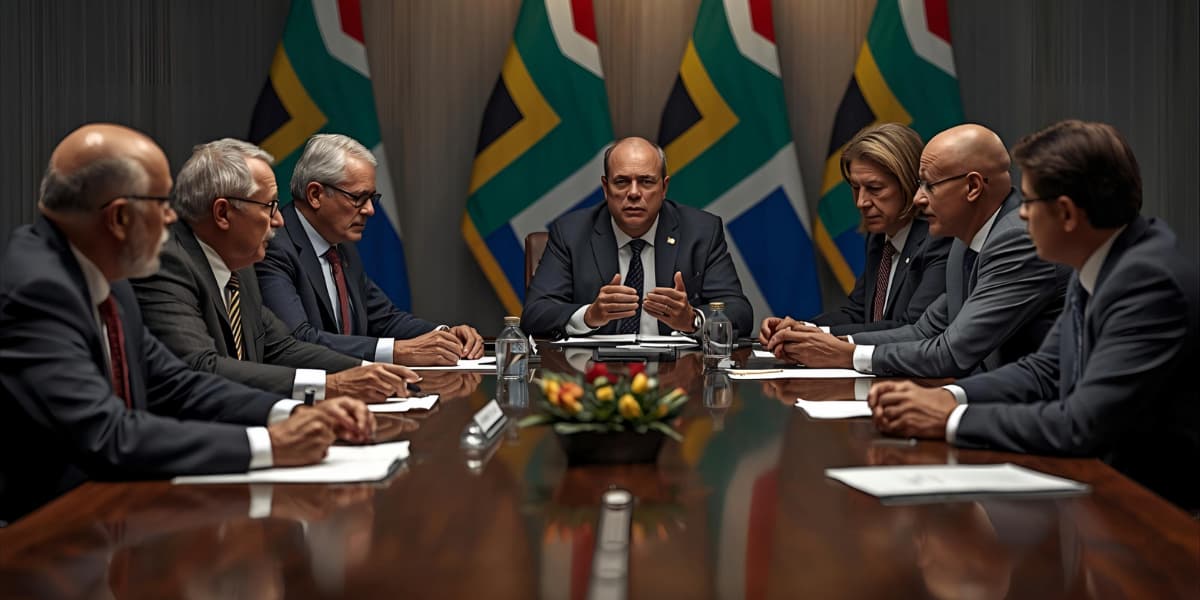“3 Critical Ways Israel NGO Rules Are Transforming Global Humanitarian Aid”
Israel has introduced new NGO rules that affect the registration of international non-governmental organizations operating in the occupied Palestinian territories. While these rules are officially meant to enhance transparency and regulate foreign aid, many humanitarian organizations fear that they will disrupt the flow of assistance and create divisions within the international aid community. This article explores the impact of Israel NGO rules on global humanitarian operations, the potential consequences for coordination among aid groups, and the broader implications for international humanitarian law.
Background of Israel NGO Rules
In March 2025, the Israeli government announced new regulations requiring NGOs to submit detailed information about donors, staff, and operational plans. These measures are part of a broader effort to monitor foreign funding and ensure that aid does not indirectly support hostile groups. While transparency and accountability are legitimate goals, critics argue that the rules go far beyond standard regulatory oversight. They contend that Israel NGO rules impose administrative burdens that many organizations, particularly smaller NGOs, cannot meet without compromising their operations.
The announcement of these regulations came at a time when international attention was focused on the humanitarian crisis in Gaza and the West Bank. Humanitarian organizations, including medical and relief NGOs, warned that the new rules could delay aid deliveries and prevent essential services from reaching people in urgent need. According to Reuters, even basic emergency supplies such as tents, water, and medical kits were being held at border crossings due to compliance checks.
Impact on Humanitarian Aid
The impact of Israel NGO rules on humanitarian aid has already been significant. Many organizations have reported delays in project approvals and funding transfers. For example, international medical NGOs face bureaucratic hurdles in obtaining permits to operate in high-need areas, which can result in critical delays in emergency care. These obstacles undermine the effectiveness of international aid, particularly during crises where timing is crucial.
Beyond immediate delays, Israel NGO rules could also affect long-term humanitarian planning. Organizations are now required to allocate more staff and resources to administrative compliance rather than fieldwork, reducing the overall capacity for relief operations. According to ICRC, such restrictions threaten the impartiality and neutrality that are foundational to humanitarian work, potentially eroding trust between NGOs and local communities.
Dividing NGOs
One of the unintended consequences of Israel NGO rules is the division they create among NGOs themselves. Some organizations have chosen to comply fully with the new regulations to continue operating legally, while others have resisted due to concerns about compromising their independence or mission. This split can lead to fragmentation within the humanitarian sector, making it more difficult to coordinate relief efforts, share resources, and respond collectively to emergencies.
Fragmentation caused by Israel NGO rules also affects the perception of aid recipients. Communities receiving assistance may experience inconsistent levels of support depending on which organizations are able to operate under the new rules. Such disparities can exacerbate tensions and undermine the overall effectiveness of humanitarian programs.
Legal and Ethical Concerns
Human rights groups and international legal experts have raised alarms about potential violations of international humanitarian law. Critics argue that Israel NGO rules could infringe on principles of neutrality, impartiality, and independence that guide humanitarian work worldwide. According to Oxfam, these regulations present a serious challenge to organizations attempting to provide aid without political interference.
Furthermore, legal experts have suggested that imposing such administrative restrictions on NGOs could be inconsistent with Israel’s obligations under international treaties related to the protection of humanitarian operations. While the rules are framed as procedural, their practical effect may limit access to vulnerable populations and create legal uncertainties for NGOs working in conflict zones.
International Reactions
The global response to Israel NGO rules has been largely critical. International organizations, including the United Nations, have voiced concern that these regulations could undermine humanitarian coordination. UN agencies warned that without immediate adjustments, many international NGOs could face de-registration, severely disrupting ongoing relief projects and affecting thousands of people reliant on aid.
Many foreign governments have also raised questions about the potential impact on aid programs funded by international donors. Diplomats have emphasized the importance of maintaining an environment where NGOs can operate effectively without undue administrative burdens or political interference.
Recommendations for NGOs
NGOs operating in Israel and the occupied Palestinian territories are encouraged to:
- Thoroughly review and understand the new Israel NGO rules to ensure compliance.
- Maintain transparent communication with Israeli authorities to prevent operational delays.
- Coordinate with international partners to share resources and mitigate the impact of regulatory burdens.
- Advocate for adherence to international legal standards to protect the independence and effectiveness of humanitarian operations.
By taking proactive measures, organizations can continue delivering essential aid while navigating the complexities introduced by Israel NGO rules. Cooperation between compliant and non-compliant organizations, where possible, can also help reduce the fragmentation of humanitarian efforts.
Conclusion
Israel NGO rules, while intended to enhance transparency and accountability, have significant implications for the international humanitarian community. They risk dividing NGOs, delaying critical aid, and creating legal and ethical challenges for organizations striving to maintain neutrality. Balancing the need for oversight with the imperative of providing effective and impartial aid is crucial to ensure that vulnerable populations continue to receive the support they need. Ultimately, constructive dialogue between the Israeli authorities and the international humanitarian community will be essential to safeguard both regulatory goals and humanitarian principles.
To follow more related articles, click here.




